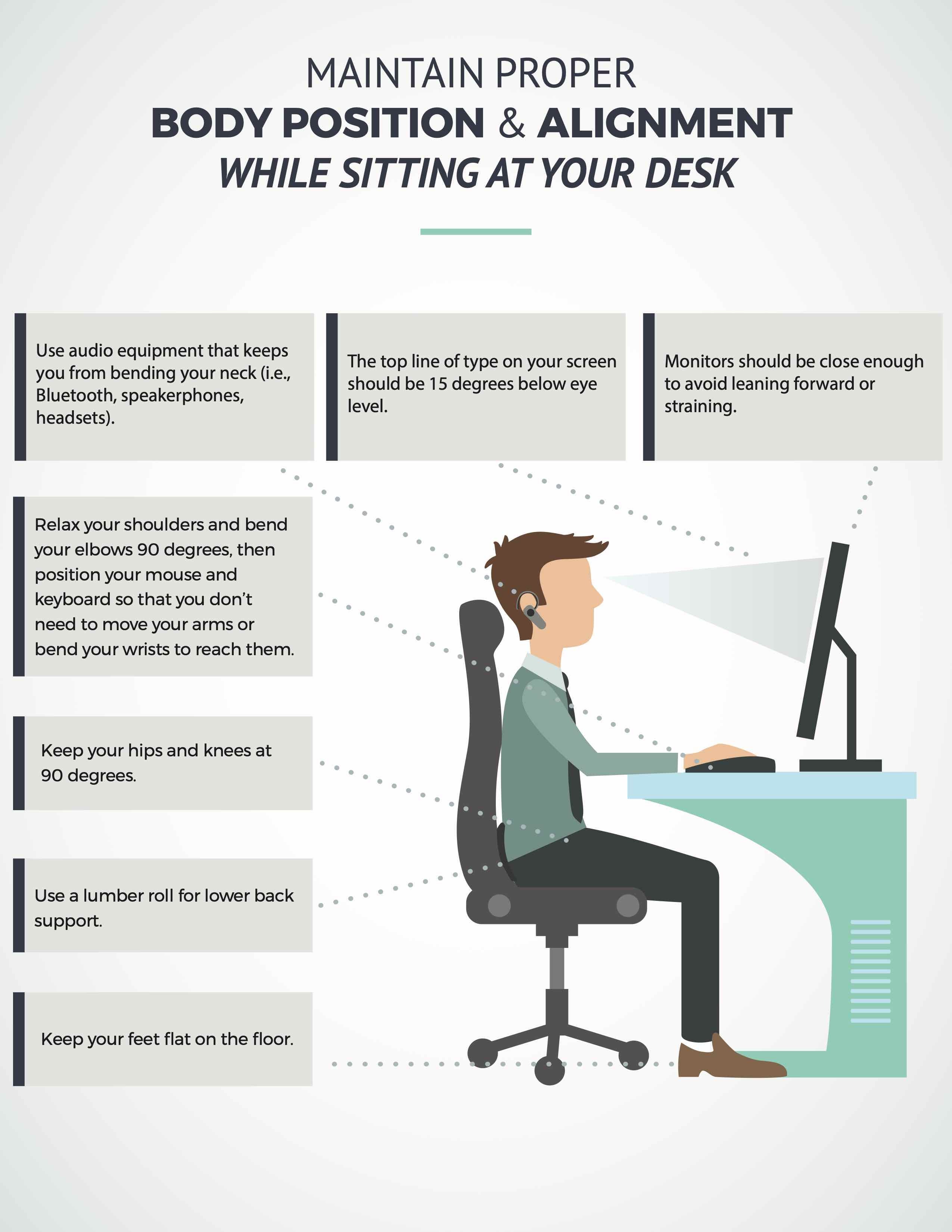Are you feeling a little sore in your back and neck these days?
You're not alone. In fact, suffering from back and neck pain one of the most common complaints we hear from people of all ages.
Dealing with this kind of discomfort interferes with your day-to-day activities. If you find yourself suffering from acute or chronic back or neck pain, we recommend the following changes in your lifestyle:
1. Be More Active
Aerobic exercise is one of the most important aspects of maintaining your overall health. Individuals who are regularly active have substantially less back and neck pain than individuals who live a more sedentary lifestyle.
If you’re starting fresh, be sure to talk to someone on our team or a doctor first to check if there any limitations to what you can do during a workout. Then, start slowly and gradually increase your workout intensity and frequency.
2. Take Notice Of Your Posture
Whether you’re standing, sitting, sleeping, or working at a desk, your posture in all of these situations matters. Many back and neck conditions are created from the continuous strain that comes from a spine that isn't being properly supported. Always be mindful to try to keep your spine in a “neutral” position.
To minimize upper back and neck pain while sleeping you should do your best to avoid thick or multiple pillows, and try not to sleep on your stomach.
Pain is often your muscles telling you that something is wrong.
There is significantly less back and neck pain in individuals who are regularly active than in people who live a more sedentary lifestyle. Be sure to talk to your physical therapist or doctor first if you're just starting out.
You want to find out if there are any limitations on what you can do during a workout.
We recommend you start slowly. Once you've developed a routine, gradually increase your workout intensity and frequency.
2. Be Aware Of Your Posture
Whether you’re standing, sitting, sleeping, or working at a desk, your posture is critical to your health.
We know that a lot of back and neck conditions are created from a continuous strain that comes from a back that is not supported as it should be. You can be careful to keep your back in a "neutral" position to avoid strain. To minimize pain in the upper back and neck while sleeping, do your best to avoid thick or multiple pillows... and try not to sleep on your stomach.
Are you working from home? Many people are these days. For advice on setting up an ergonomic workstation the right way, we recommend downloading this infographic.

3. Clean Up Your Diet
Another pillar to good health is, of course, having a healthy diet. Carrying any excess weight will inevitably add additional strain to your spine. It is also wise to try to decrease your consumption of red meat & refined carbohydrates like sugar and white flour, and increase your consumption of veggies and fruits. Opt for "healthy" oils like olive or canola, and choose water instead of drinks that have high sugar and calorie content.
4. Stretch More
10-15 minutes of stretching every day can have a significant impact on how you feel and on how your body functions. Try this simple Bruegger Relief stretch that can be performed from just about anywhere.
5. Schedule an Appointment With Us
Just like visiting the dentist is beneficial for your teeth, the same goes for making an appointment with a healthcare provider that can help you get free from pain. If you have back or neck pain, come and see someone from our time for a check-up. We can define the root cause of the problem and help you get back to a healthier and more comfortable life.
When you make these simple changes to your lifestyle, you'll notice yourself feeling younger, healthier and have a new outlook on life.
Imagine how great it would feel to start each day like this.



